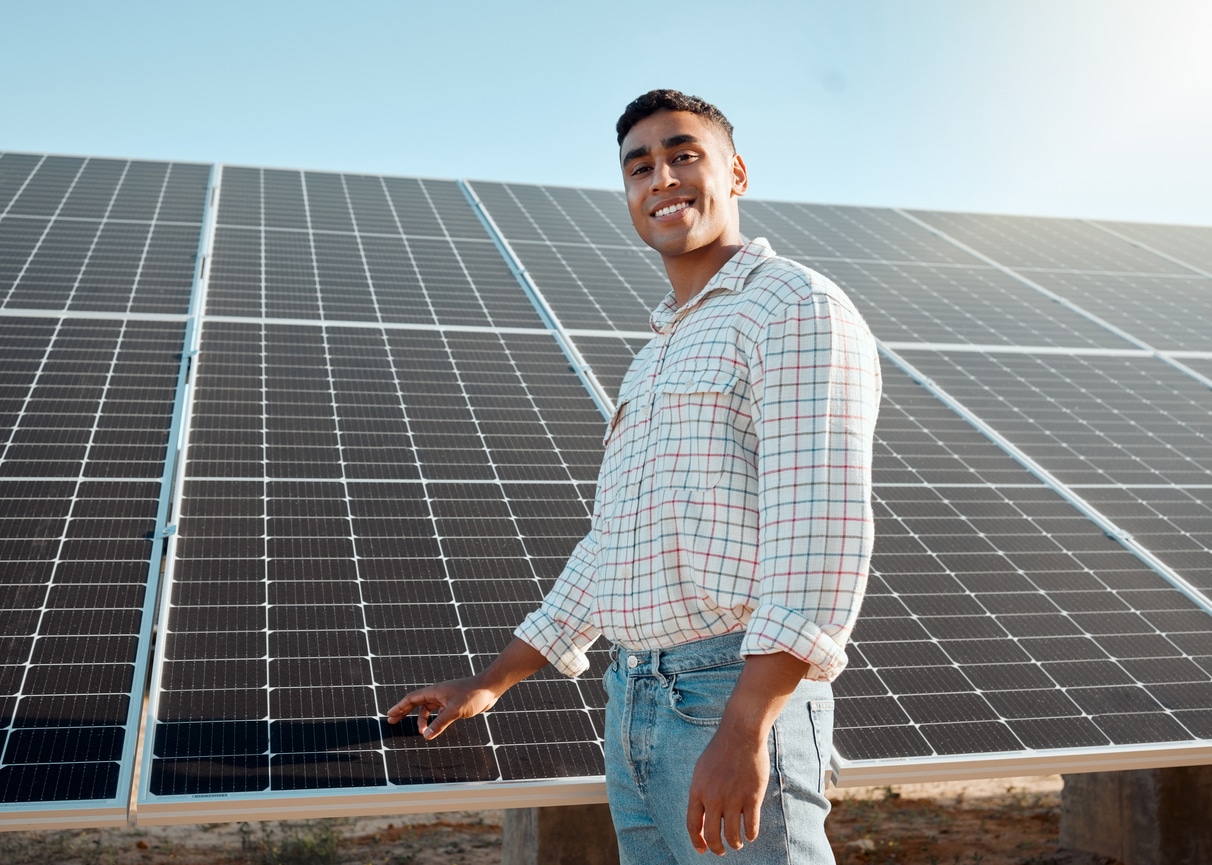
Are Solar Panels Organic?

Solar energy is a renewable energy source that has skyrocketed in popularity and availability in recent decades. Most people are familiar with traditional solar panels, which gather energy from the sun and convert it into electricity. Recent advancements have led to the development of organic solar panels and these have the potential to reinvent the industry.
Nearly anyone can harness solar energy for almost any purpose. It’s more sustainable and environmentally friendly than many other forms of energy, such as oil or natural gas.
These advantages mean consumers, businesses and researchers are interested in the latest and smartest solar technologies, including developing organic solar panels. Here’s how it might influence the future of solar energy.
What Are Organic Solar Panels?
Scientists, researchers and environmentalists are always looking to make energy production more efficient and eco-friendly, which has led to the development of organic solar panels.
Photovoltaic (PV) technologies, or traditional solar panels, are typically made of silicon. They gather energy from the sun’s heat and light, then convert it into electricity so it can be used for various applications.
Organic solar cells, known as organic photovoltaics (OPVs), take in the sun’s rays with molecular absorbers and transform that power into usable energy. Unlike conventional silicon-constructed panels, OPVs are made of carbon-based materials and organic electronics. Carbon materials are extremely versatile, allowing manufacturers to use them in many renewable energy applications.
OPVs work similarly to their nonorganic counterparts, but have a unique physical structure. Organic solar cells are thinner and more flexible, which means they can be applied in more creative and specialized ways. For example, they may be used to build solar power windows. OPVs are also available in color or transparent forms, so many manufacturers and builders are eager to use them to suit particular needs. This comes in handy when meeting specific client specs.
The Benefits of OPVs
In addition to their physical versatility, OPVs offer several advantages that appeal to potential users:
- Plentiful materials: The use of carbon-based compounds means there are plenty of materials available to build OPVs. Supply and demand issues are not likely to negatively affect production.
- Lower costs: Due to the abundance of useful materials needed for constructing these panels, manufacturing and purchasing costs for organic solar cells are often lower than traditional panels.
- Environmentally friendly: OPVs are gentler on the environment and easy to recycle. Since eco-friendliness is a major selling point for many organizations using solar power, the possibility of being even greener is an exciting prospect.
Challenges Facing Organic Solar Panels
Organic solar panels have a promising future, but they still face many challenges before they become widely available on the public market.
The major obstacle facing OPVs is efficiency. On average, traditional silicon-based solar panels can operate at over 20% efficiency, a major improvement over previous performance.
Organic solar panels, however, rely on newer technology and have a ways to go before reaching that level of widespread efficiency. According to research from the U.S. Department of Energy, OPVs operate at around 11% efficiency. However, a recent breakthrough produced an organic cell with over 18% efficiency, a major step forward for the technology.
Despite this advancement, the overall discrepancy means it may be several more years before organic solar cells can match the power and availability of traditional solar panels.
The Future of Organic Solar Panels
Organic solar holds a lot of promise for a greener future and may prove to be a game-changer in the industry. They may become a regular part of renewable energy as researchers discover more advanced ways to make OPVs more efficient.



Ms. My
Wow! Organic solar is lightweight nature, vast area coverage, and low production cost. OPVs are thin-film solar cells with the ability to store more solar energy than their predecessors.